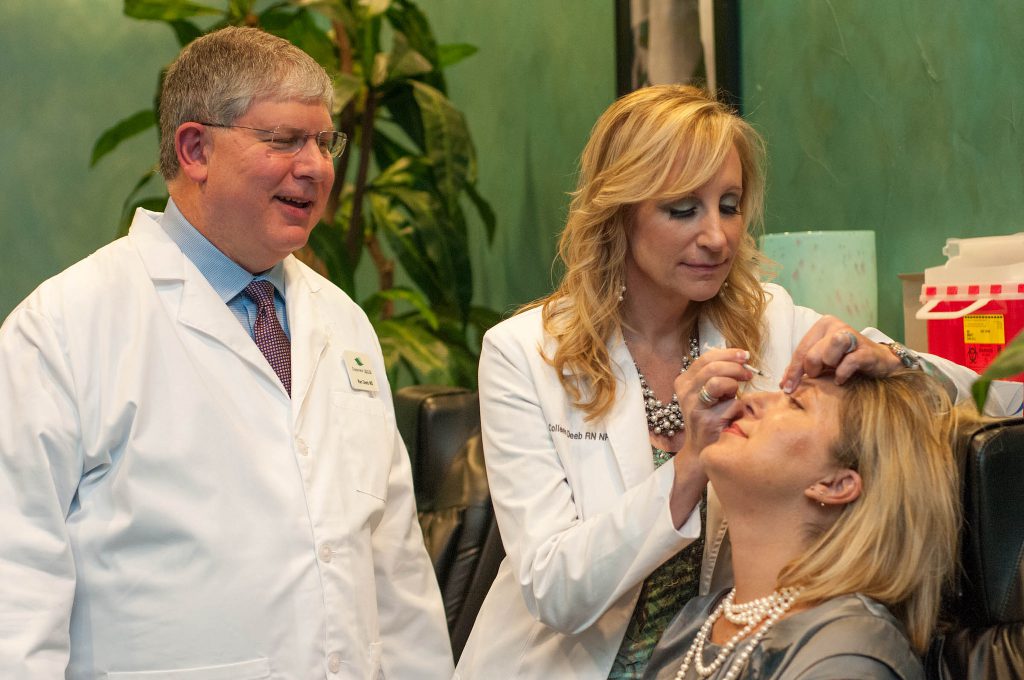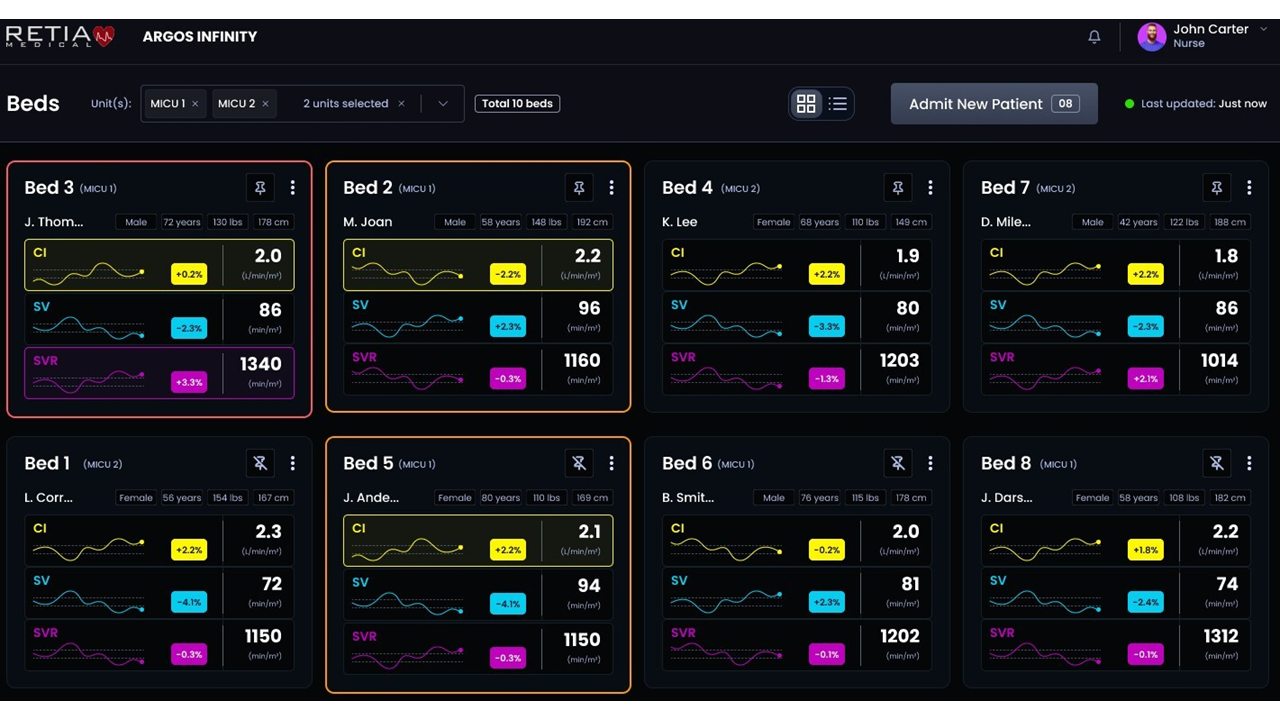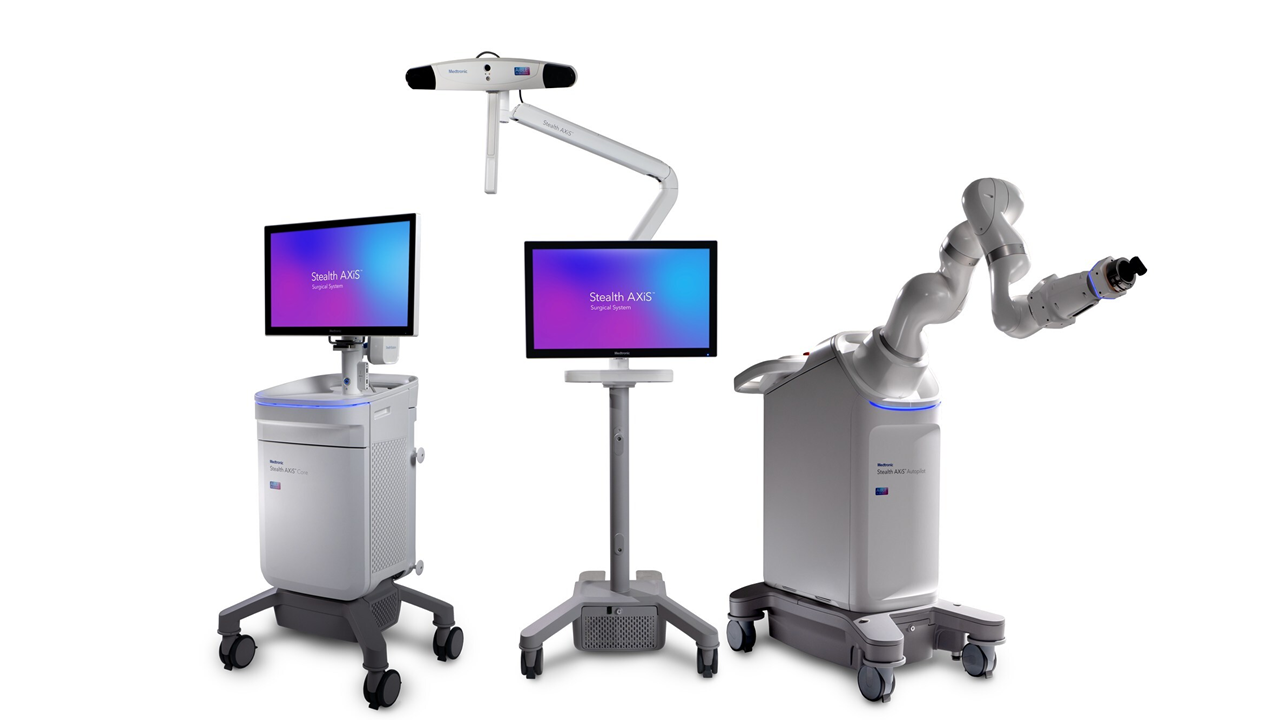Pharmaceutical company Allergan has just received another FDA approval for its blockbuster cosmetic product Botox. The neurotoxin-based drug has now been approved for the temporary improvement of forehead lines, in addition to its two other indications for crow’s feet and glabellar lines.
“Allergan recognizes that forehead lines are a top area of concern for patients,” said David Nicholson, Chief Research and Development Officer at Allergan, in a statement about the approval. “Our goal in pursuing a third indication for Botox Cosmetic for the temporary improvement in the appearance of moderate to severe forehead lines was based on our desire to study the patient selection, dosing and injection pattern to help provide optimal treatment outcomes.”
In clinical trials, up to 61 percent of participants showed significant improvements in the severity of forehead lines, compared to the placebo. The approval makes Botox the only neurotoxin product to include indications for three facial treatment areas.
“Few products have the level of impact that Botox Cosmetic has had on the medical facial aesthetics industry,” said David Moatazedi, Senior Vice President US Medical Aesthetics at Allergan. “Botox Cosmetic is the brand that created a new category in facial aesthetics with its first FDA approval 15 years ago. Since then, it has continued to be the leading neurotoxin treatment and the world’s number one selling product of its kind.”
But the new approval comes as Allergan is facing government criticism regarding its unconventional patent transfer for Restasis, its valuable dry eye drug. In an effort to avoid patent challenges from generic drugmakers, the Ireland-based pharmaceutical company has transferred the patent rights to Restasis to the Saint Regis Mohawk Tribe.
Allergan is paying $13.75 million to the tribe – recognized as a sovereign nation – with plans to send up to $15 million each year in order to license the rights to Restasis back. In response to the deal, four senators – reps. Trey Gowdy, Elijah Cummings, Dennis Ross, and Peter Welch – contacted Allergan CEO Brent Saunders to express their concern regarding the dangerous precedent set by the arrangement.
Saunders responded by challenging the inter partes review (IPR) patent challenge system as a whole, saying that Congress should make changes to the process. He also stressed the importance of the $1.5 billion in annual revenue from Restasis to Allergan’s ability to conduct R&D.












Join or login to leave a comment
JOIN LOGIN